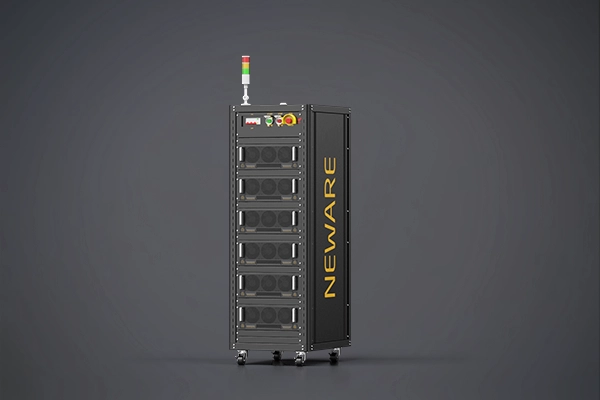
● Voltage Accuracy:±0.02% F.S.
● Current Accuracy:±0.05% F.S.
● Resolution Ratio AD/DA:16bit
● Current Response Time:≤1ms
● Minimum Pulse Width:100ms
● Off-Line Test:1GB/CH
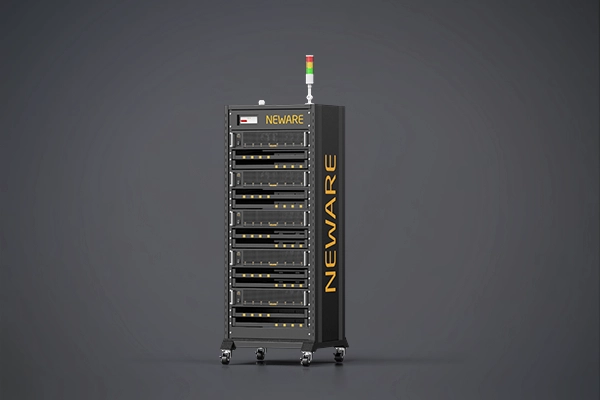
● Voltage & Current Accuracy:±0.02% F.S.
● Recording Frequency:100Hz
● Resolution Ratio AD/DA:16bit
● Current Response Time:≤20ms
● Single-Cycle Operation Count:255 cycles
● Off-Line Test:1GB/CH
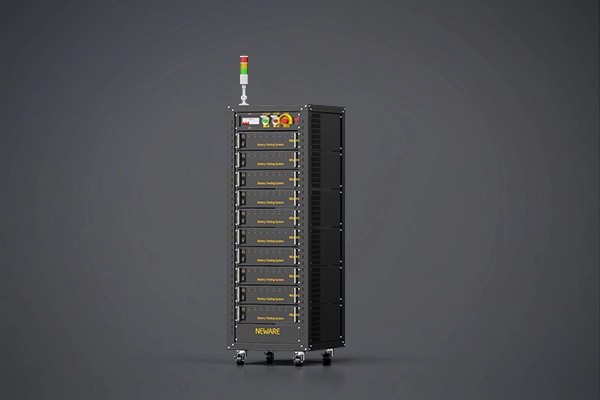
● Voltage & Current Accuracy:±0.02% F.S.
● Recording Frequency:100Hz
● Resolution Ratio AD/DA:16bit
● Current Response Time:≤2ms
● Single-Cycle Operation Count:255 cycles
● Off-Line Test:1GB/CH

With the widespread use and increased frequency of cell phones, the endurance, safety, and lifespan of mobile phone batteries have become a focus of concern for both users and manufacturers. Cell phone batteries primarily use lithium-ion battery technology, but there are issues and challenges that drive the need for charge and discharge equipment to test cell phone batteries.
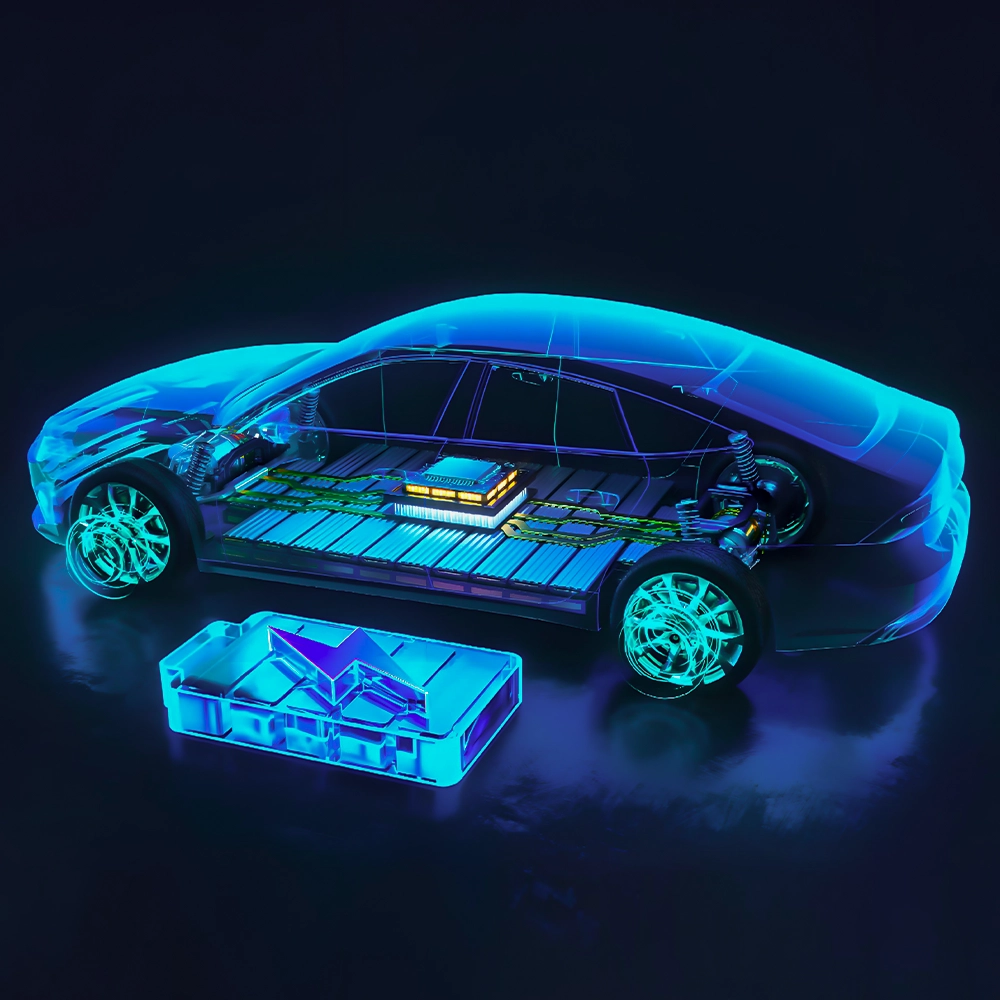
The electric vehicle battery industry is rapidly developing, focusing on technological innovation, market competition, and sustainability. Research hotspots include solid-state batteries, new types of electrolytes, BMS optimization, and recycling technologies. The environmental adaptability, safety, and economic viability of batteries are key research areas, and the industry is expected to undergo more innovation and transformation.
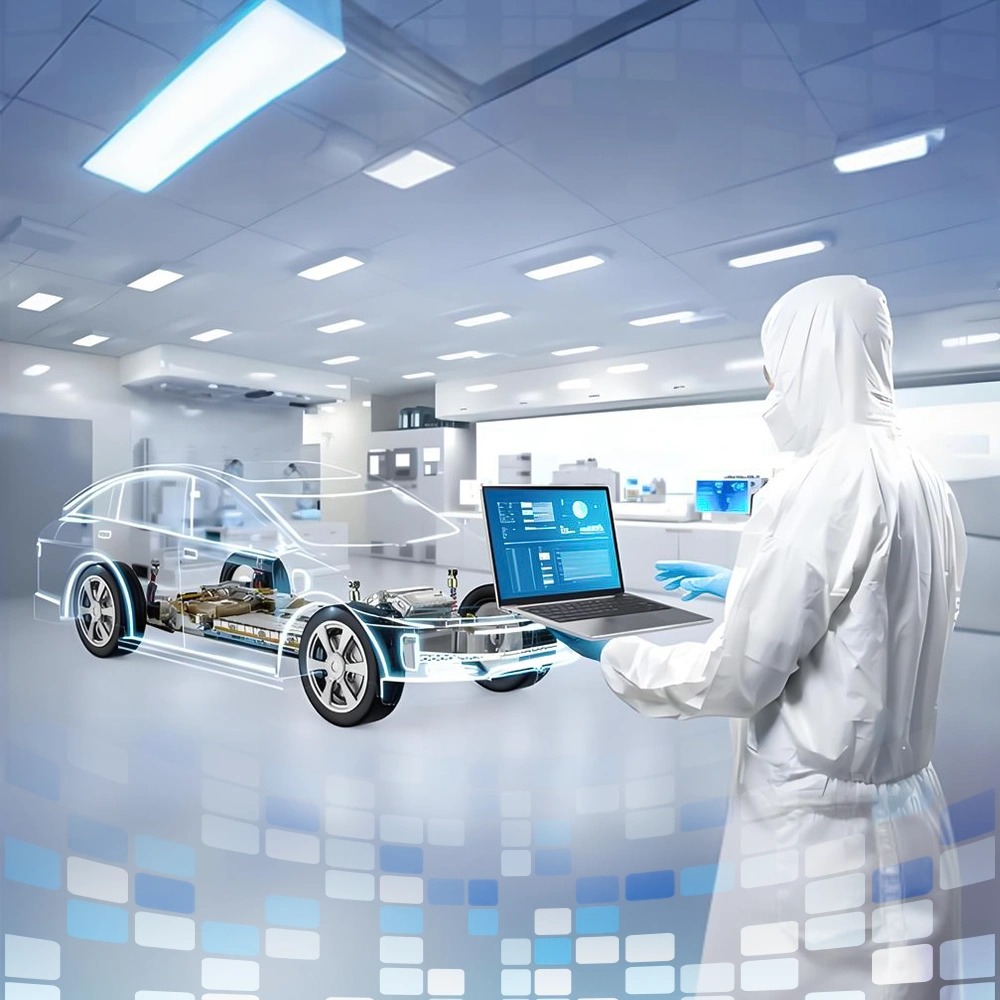
Power battery technology is facing multiple challenges, including energy density enhancement, fast charging capability, safety assurance, and cost-effectiveness. Laboratory research is focused on addressing these issues in EV power batteries. It explores advanced materials, intelligent management, and green recycling technologies to improve battery performance, ensure safety, and promote environmental sustainability, aiding the global energy transition.
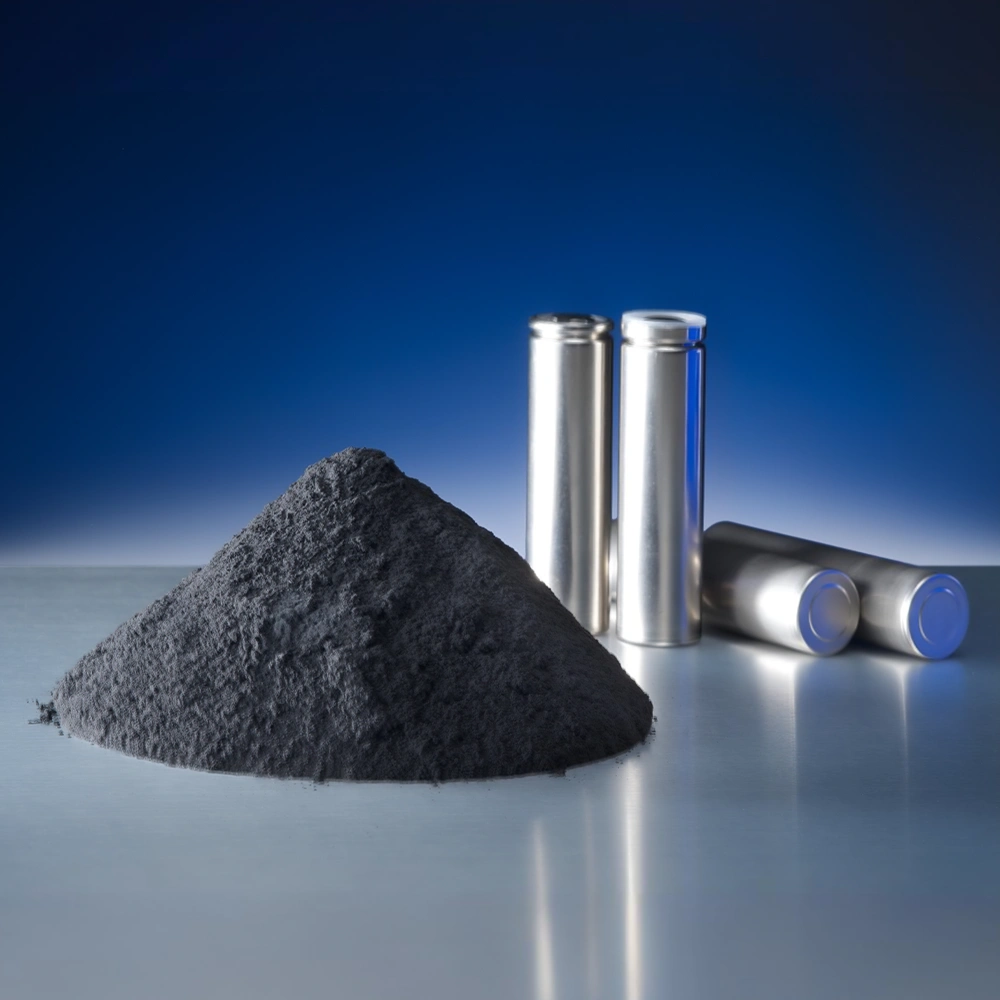
Specializing in battery preparation technology research, the focus is on overcoming existing energy storage challenges by innovating in electrode materials, battery chemistry, and manufacturing processes to improve performance, safety, and reduce costs. Sustainability and recycling technologies for batteries are also emphasized to mitigate environmental impacts and foster the growth of green energy.

Current battery technology for laptops and tablets is moving towards higher energy density and fast charging, while focusing on improving battery safety and cycle life. Future trends point to the use of new materials such as solid-state electrolytes and the integration of smarter battery management systems to achieve longer life and better environmental resilience.
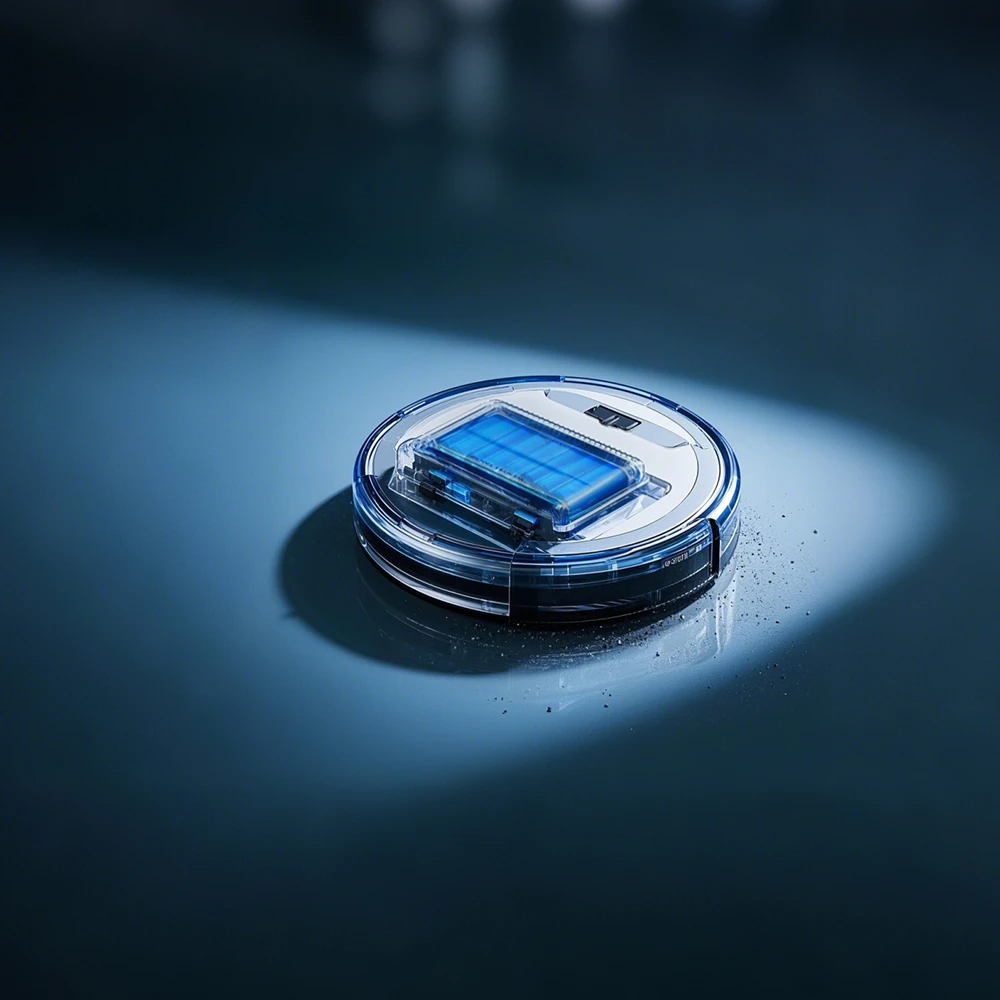
As robot vacuums become more integrated into family life, they bring convenience but also face some challenges. Battery endurance and safety are key issues in current use and research. To enhance the user experience, researchers are working on developing battery technologies with higher energy density, better thermal stability, and longer service life.